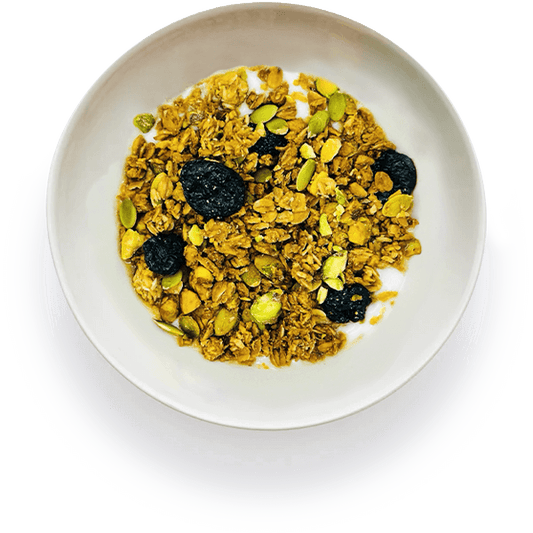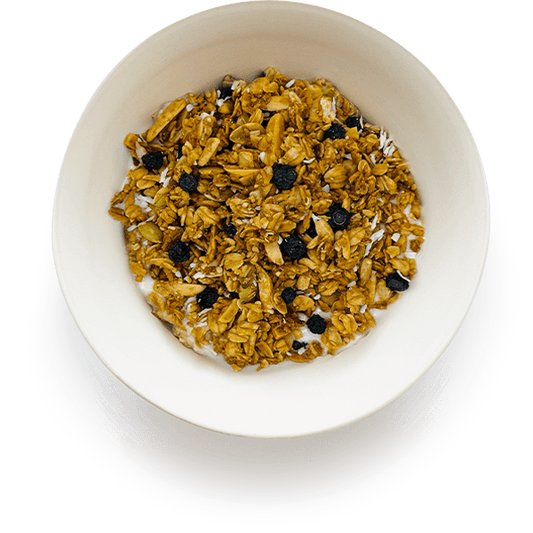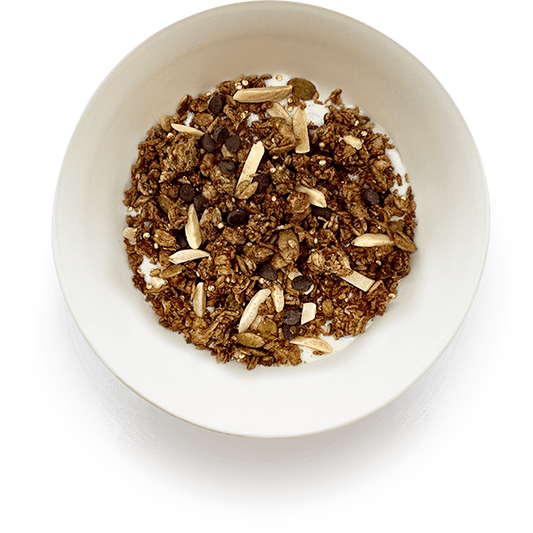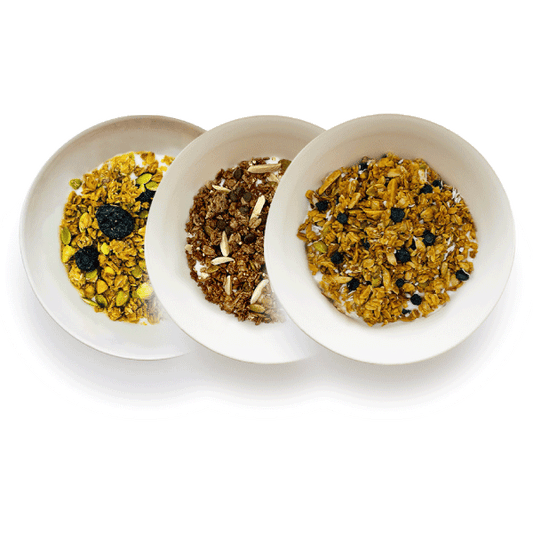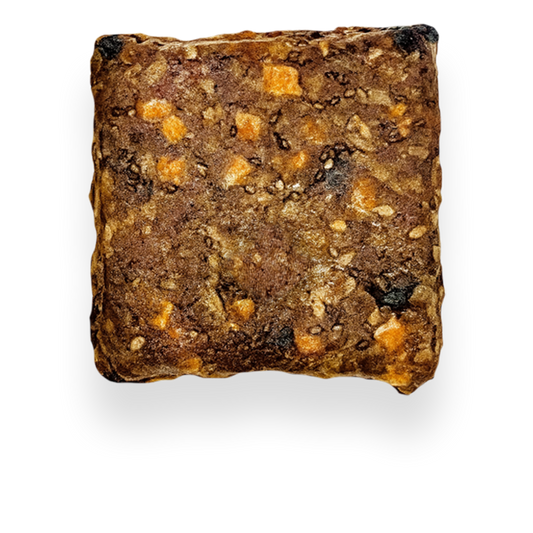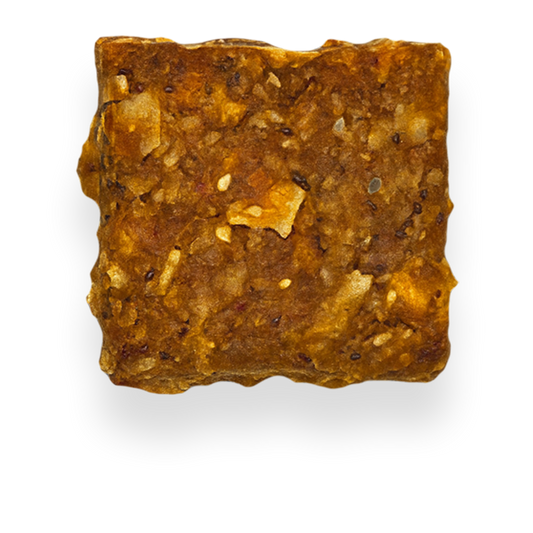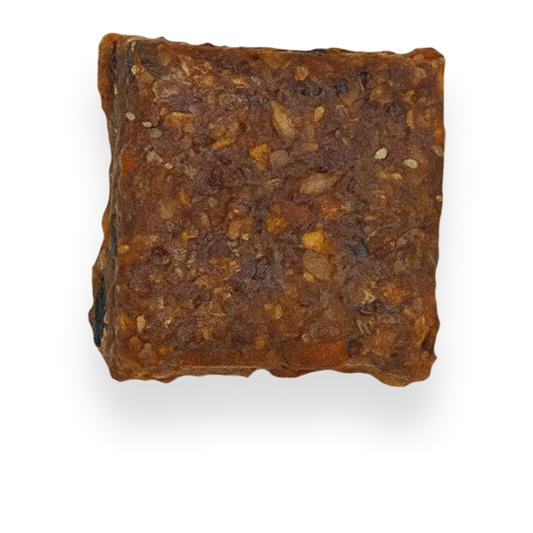Debunking Myths: Plant-Based Nutrition Uncovered
By FireRoad
Overview
Plant-based nutrition is healthy and sustainable, dispelling myths about protein deficiency, lack of flavor, and nutrient shortages. With diverse protein sources, flavorful meals, and adequate nutrients available, a plant-based diet can enhance fitness and support weight management. It's adaptable and enjoyable, making it easy to incorporate into any lifestyle. Embrace the journey towards a healthier diet!
In recent years, plant-based nutrition has gained immense popularity, being touted as a healthier and more sustainable way of eating. However, despite its growing acceptance, several misconceptions persist that can deter individuals from exploring this vibrant and enriching diet. Today, we will address some of these common misconceptions about plant-based nutrition and shed light on the truth behind them. From the notion that vegan meals lack flavor to concerns about protein intake, let's dive into the details!
Mystery of Protein: Are Plants Enough?
One of the most pervasive misconceptions about plant-based nutrition is the belief that it’s difficult to get adequate protein without animal products. In reality, there are numerous plant sources rich in protein, making it simple to meet your daily requirements even on a vegan diet. Legumes, nuts, seeds, and whole grains are packed with protein, offering a delightful variety of options for any meal.
Protein-Rich Plant Foods
- Chickpeas: Great for making hummus or adding into salads.
- Lentils: Perfect for soups or as a base for a savory vegan curry meal.
- Quinoa: A versatile whole grain that can be a side dish or salad base.
- Tofu and Tempeh: Excellent sources of protein that absorb flavors beautifully.
- Nuts and Seeds: A great snack option packed with protein.
These foods not only provide essential protein but are also laden with other nutrients that support overall health and fitness, ensuring you receive a well-rounded diet.
Flavor in Vegan Meals: More Than Just Salad
Another myth is that plant-based meals lack flavor. This is far from the truth! In fact, plant-based eating opens up a world of flavors through the use of spices, herbs, and diverse cooking techniques. Vegan cuisines from around the world showcase how delicious plant-based foods can be. For instance, a warm, aromatic vegan curry meal brimming with spices like cumin, coriander, and turmeric can tantalize your taste buds, proving that plant-based dishes are anything but bland.
Spicing Up Your Plant-Based Diet
To ensure your meals are bursting with flavor, consider the following tips:
- Experiment with global flavors by trying various cuisines.
- Utilize fresh herbs and spices liberally.
- Incorporate marinades that enhance the taste of grilled vegetables.
- Roast your vegetables to bring out their natural sweetness.
- Mix textures for a satisfying eating experience.
With these culinary strategies, you can easily turn simple ingredients into mouthwatering meals that you and your family will love. The rich and diverse flavor profiles in plant-based cooking could make you forget you ever believed this myth!
Sufficient Nutrients: The Plant Power
Another widespread misconception is that a plant-based diet lacks essential nutrients. Many believe that vegans may miss out on vital vitamins and minerals commonly found in animal products, like Vitamin B12, Iron, and Omega-3 fatty acids. While it's true that some nutrients are more abundant in animal foods, there are plenty of plant-based alternatives available to ensure that you can get everything your body needs.
Nutrient-Dense Plant Foods
- Vitamin B12: Found in fortified foods or can be taken as a supplement.
- Iron: Dark leafy greens, lentils, and pumpkin seeds are excellent sources.
- Calcium: Explore fortified plant milks, tofu, and leafy greens.
- Omega-3 Fatty Acids: Walnuts, chia seeds, and flaxseeds can provide these essential fats.
- Zinc: Found in legumes, seeds, and whole grains.
By diversifying your diet and including a wide range of whole foods, you can easily meet your nutrient requirements without animal products. This only proves that typical beliefs around nutrients in plant-based diets are seriously misleading!
Fitness and Plant-Based Living: A Winning Combination
There’s a common belief that plant-based eaters cannot perform athletic feats as effectively as those who consume meat. However, research has shown that many top athletes thrive on plant-based diets. They reap the benefits of improved recovery times, increased energy levels, and reduced inflammation.
Integrating Plant-Based Foods into Your Fitness Routine
To maximize your fitness on a plant-powered diet, here are a few guidelines:
- Prioritize post-workout meals that focus on protein and carbohydrates.
- Incorporate whole foods along with enough calories to fuel your workouts.
- Stay hydrated and consider electrolytes if you engage in high-intensity training.
- Try different plant-based protein sources to find what works best for you.
Everyone can harness the power of plant-based nutrition to enhance their athletic performance and maintain a healthy lifestyle. Whether you’re hitting the gym or engaging in a casual morning jog, plant-based nutrition can support your fitness journey!
Misconceptions About Weight Loss and Plant-Based Diets
Many people assume that switching to a plant-based diet automatically results in weight loss. While a plant-based lifestyle can certainly promote healthy eating habits that support weight management, it's vital to understand that not all plant-based foods are created equal. Many highly processed vegan products can be just as calorie-dense as their animal-based counterparts.
Healthy Choices for Weight Management
When embarking on a plant-based journey for weight loss, focus on the following:
- Choose whole, minimally processed foods whenever possible.
- Incorporate plenty of fruits and vegetables as your foundation.
- Pay attention to portion sizes, even with healthy foods.
- Engage in regular physical activity to complement your dietary choices.
By making informed choices, you can achieve your weight management goals while enjoying the diverse offerings of plant-based nutrition!
Adaptability of a Plant-Based Diet
Another misleading idea is that following a plant-based diet is complicated and tedious. On the contrary, plant-based eating can be incredibly flexible and easy to adapt to your lifestyle! Whether you want to eat strictly vegan or simply incorporate more plant-based meals into your diet, there are ways to make it enjoyable and straightforward.
Start Slow and Build Up
If you’re new to plant-based eating, consider the following strategies to ease your way into a new routine:
- Start with "Meatless Mondays" or other designated days for plant-based meals.
- Utilize recipes that appeal to you to spark excitement in the kitchen.
- Find communities (online or local) that share your interest in plant-based living.
- Keep a stock of pantry staples that make cooking plant-based meals easier.
By integrating small changes into your diet, you will quickly find that adopting a plant-based lifestyle can be delightful and fulfilling!
Final Thoughts: Embrace the Plant-Based Journey
With so many misconceptions surrounding plant-based nutrition, it's essential to sift through the myths to understand the truth. By recognizing the variety of protein-rich foods, the flavor-packed meals, wide range of nutrients, benefits for fitness, and manageable adaptations, you can confidently explore the transformative potential of plant-based living. Don’t let these misconceptions hold you back; instead, embrace the delicious and healthy journey of plant-based nutrition, and take a step towards a healthier lifestyle today!
Linked Product

Coconut Red Curry Tofu
Coconut Red Curry Tofu offers a flavorful option for those exploring plant-based nutrition. This dish combines coconut milk and spices with fresh vegetables and roasted tofu, providing a balanced meal that highlights the versatility of plant-based ingredients. It serves as a great example of how plant-based meals can be both satisfying and nutritious, helping to dispel common misconceptions about the limitations of plant-based diets.
View Product


